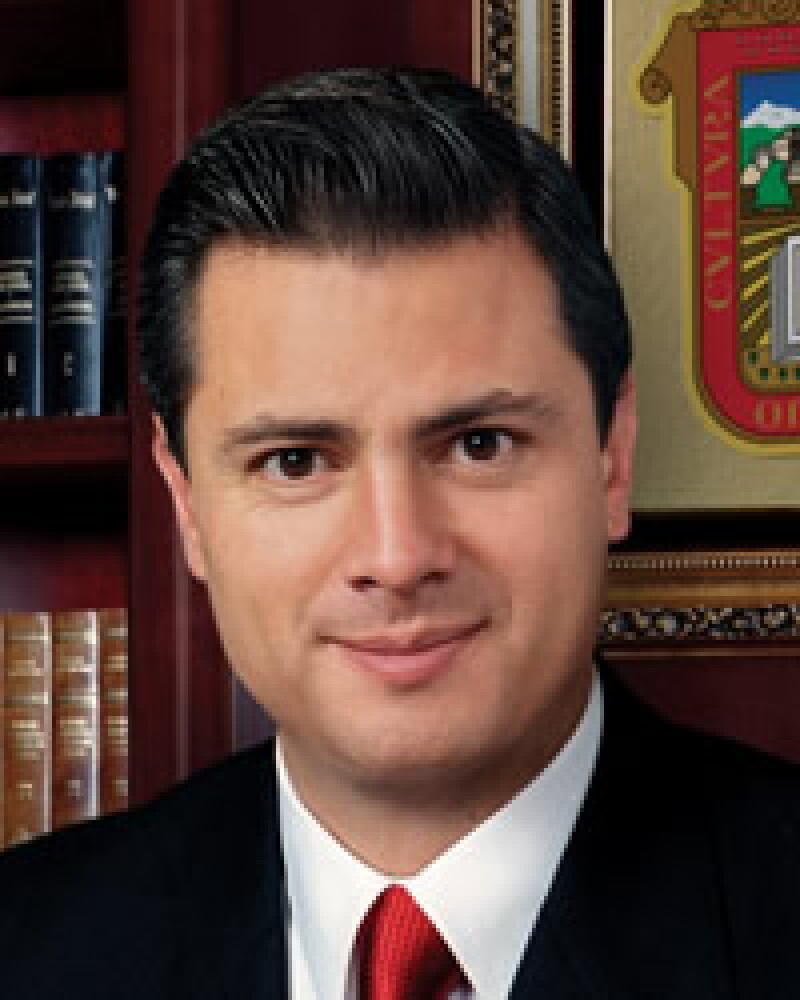The Confederación de Cámaras de Industria (Concamin), an umbrella organisation of industrial associations, will present its proposals to President Enrique Peña Nieto, whose win was confirmed last Friday following the official ballot count. Concamin’s proposals on IP are still under discussion but are expected to be finalised over the next few months. The Mexican government has a legal obligation to consult with the organisation about proposed changes to the law.

Mexico’s IP association, AMPPI, is also calling for the introduction of an opposition system. Mexican lawyers have long cited the lack of such a system as a source of frustration. However, since Mexico’s Senate approved legislation that will allow the country to accede to the Madrid Protocol in April, lawyers and business leaders say the need for an opposition system has become more urgent.
“We will be receiving trade marks from all over the world and Mexican trade mark owners have to have the right to object to the new applications,” said IP lawyer Eduardo Kleinberg Druker, president of Concamin’s IP committee and president of AMPPI.
Kleinberg, a partner of Basham Ringe y Correa, said Concamin has historically had a strong relationship with Peña Nieto’s political party, Partido Revolucionario Institucional (PRI). “I believe if we present a strong IP agenda, we may be in a very good position to make substantial changes to Mexican IP law,” he said.
In order to finalise its membership of the treaty, Mexico must still deposit its instrument of accession with the World Intellectual Property Organization (WIPO). Some Mexican IP lawyers have previously expressed concern that the treaty favours multinationals at the expense of smaller businesses, which make up the majority of Mexican companies.
“Now that we are becoming members of the Madrid Protocol, we are saying that this is something we urgently need in Mexico,” said Bernardo Herrerias Franco, secretary of AMPPI and a partner of Barrera Siqueiros y Torres Landa. “We are one of the few countries that do not have an opposition system.”
Plans to introduce an opposition system could be held up if the new administration decides to replace Rodrigo Roque Díaz as the director general of the Mexican institute of intellectual property (IMPI). Although Roque’s predecessor, Jorge Amigo, remained in office for 18 years and survived a change in administration, incoming governments typically make personnel changes to key administrative roles.
Other proposals Concamin is discussing include more effective measures to combat piracy and the faster resolution of IP litigation.









